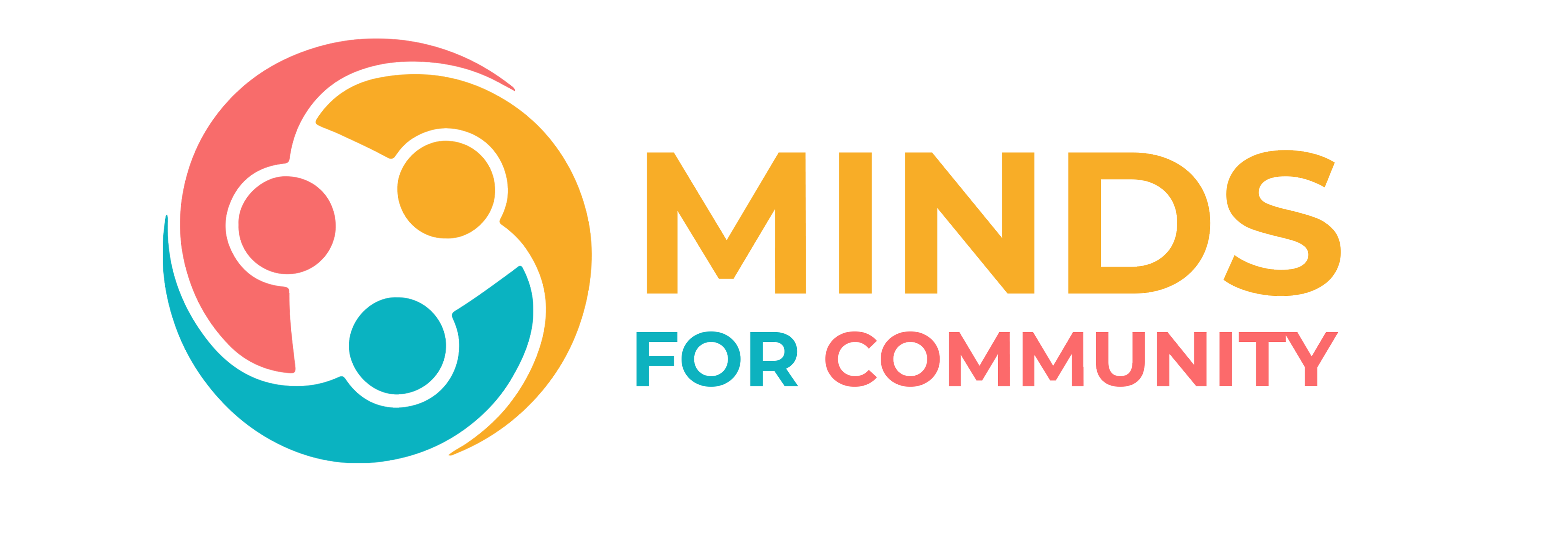Losing a parent, or both, is one of the hardest experiences a child can go through. When a child becomes an orphan, they enter a new phase of life, facing numerous psychological and emotional challenges that can impact their growth and development. In this article, we will explore the most common psychological issues faced by orphaned children, focusing on how these issues affect their lives and how they can be helped to overcome them.
Psychological Issues Orphaned Children May Experience:
1. Deep Grief and Depression: Initially, orphaned children experience deep grief due to the loss of their parent. If adequate emotional support is not provided, this grief can develop into depression. Symptoms may include social withdrawal, loss of interest in previously enjoyed activities, and negative effects on school performance.
2. Anxiety and Fear: Anxiety is one of the most common psychological issues faced by orphaned children. The fear of the unknown, insecurity, and worry about losing another loved one can lead to chronic anxiety. This can manifest as behavioral issues such as tension, sleep difficulties, and increased attachment to caregivers.
3. Guilt: Sometimes, orphaned children may experience guilt over the death of a parent, even if they had no control over the situation. They might feel responsible for the loss or think they could have done something to prevent it. These feelings can contribute to further emotional difficulties.
4. Loneliness and Isolation: Orphaned children may experience loneliness and isolation after the loss of a parent, particularly if the remaining family members do not provide enough emotional support. They might avoid social interactions or withdraw from social activities.
5. Difficulty Trusting Others: The loss of a parent can make it hard for the child to trust others. The child may feel that loved ones will disappear too, making it challenging to form close relationships with others.
6. Aggression and Emotional Outbursts: Some orphaned children exhibit aggressive behavior or emotional outbursts as a way of expressing their internal struggles. This may be their way of dealing with feelings of helplessness or frustration.
How to Provide Support:
1. Emotional and Psychological Support: It is essential for orphaned children to receive emotional support from family and friends. Psychological counseling can also be beneficial, helping the child cope with their feelings and learn how to adjust to the loss of a parent.
2. Providing a Sense of Safety and Stability: Creating a safe and stable environment for the child is crucial in helping them overcome feelings of anxiety and fear. The child needs to feel that they are not alone and that there are people who care for them and they can rely on.
3. Encouraging Emotional Expression: Encouraging the child to express their emotions through talking, drawing, or writing can help them cope with grief and emotional trauma in a healthier way.
4. Building Healthy Social Relationships: Encouraging the child to interact with peers and participate in social activities can help reduce feelings of loneliness and isolation.







